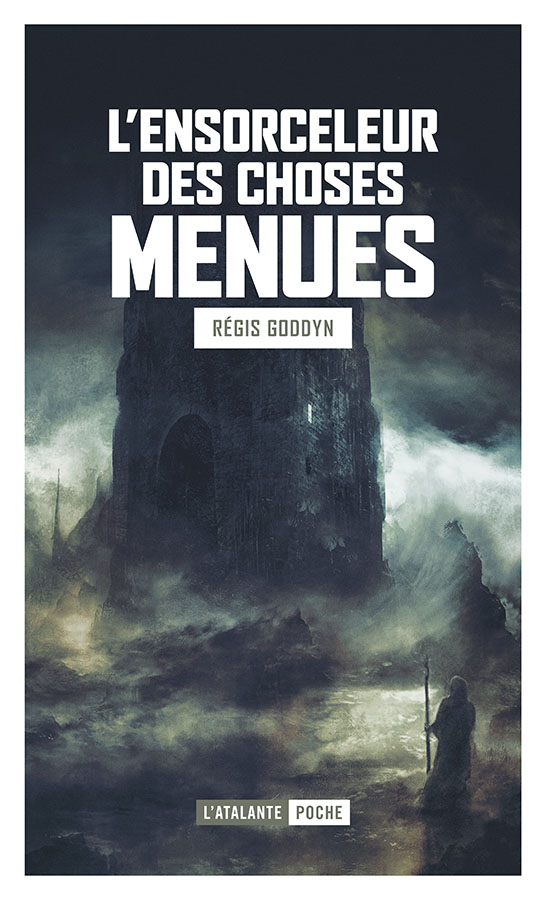
L’Ensorceleur des choses menues (The Enchanter of Small Things)
“In the distance, they could see the beach where they had been landed the day before, tiny and insignificant. Above it, a light-coloured scar ran across the grey rock.
"I don't see a way out. How could we have left the place?
– There was none, Barnabéüs. We were left here to die.
– What do you mean?
– And the cliff was blown down to seal our tomb; the Mages did not want us to survive. From here on, no one can be trusted."”
In this world ruled by magic, individuals are categorised within society according to their magical abilities.
At the top of the social pyramid are the elite Mages. Their precious knowledge, which enables them to practice high magic, can only be passed on to one child per generation.
Those who have not inherited this knowledge are called the Enchanters of Small things. Their magical abilities are much more limited, but they can still perform practical spells such as diverting the course of a river, moving objects, strengthening locks...
At the bottom of the ladder, the rest of the population is unfit for magic. They live under the administration of the Mages, and need the Enchanters of Small Things in everyday life.
Barnabéüs is the eldest son of an uncompromising Mage. He lived in the higher circles of society and was prepared to make the journey to Agraam-Dilith, the white city of the Mages, whose location is known only to them. His mother, however, preferred his brother Palpoternim, ousting Barnabas from high society. From then on, he became an Enchanter of Small Things.
Freshly retired, Barnabéüs decides to write his memoirs. He is however interrupted by the request of a young woman called Prune: she wants to travel to Agraam-Dilith to reunite with her fiancé. However, such a journey is forbidden to anyone who is not a Mage.
En route, the duo will discover that their magical world, which Barnabéüs thought he knew, conceals dark designs...
Press
“L’Ensorceleur des choses menues is teeming with good ideas. The surprising finale, the originality of the narrative and of the world of the Mages, Enchanters and others, as well as the endearing characters, make for a quality work that deliberately strays from well-trodden paths of fantasy. This book showcases the inventiveness of a prolific French author.”
Elbakin